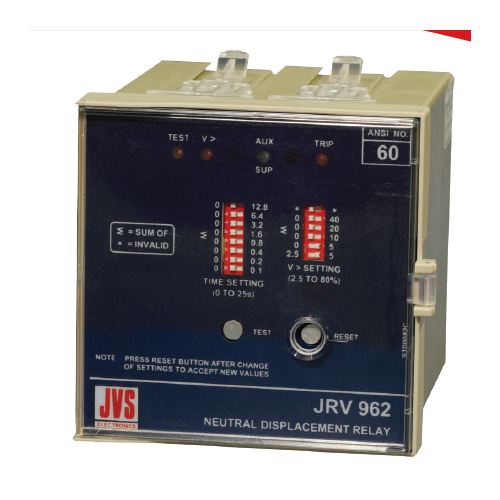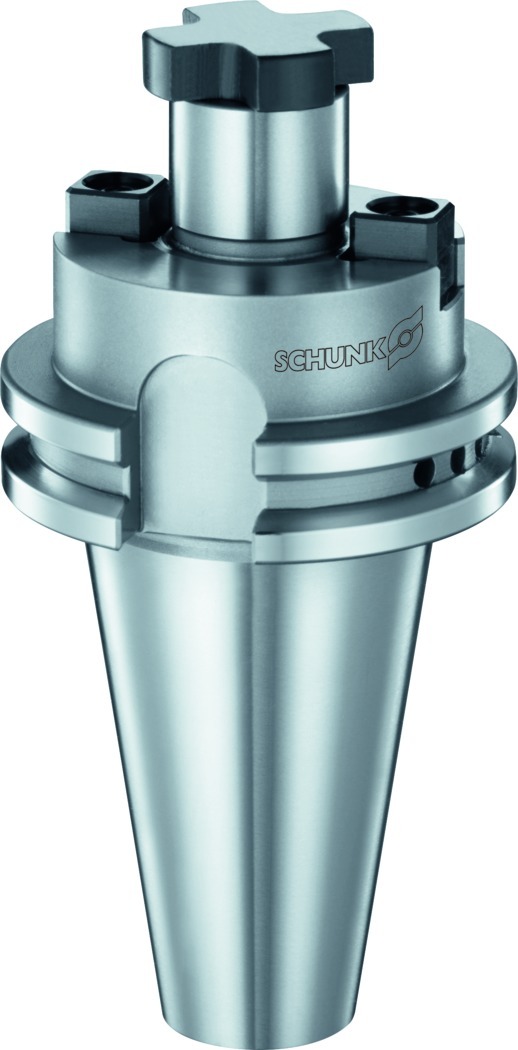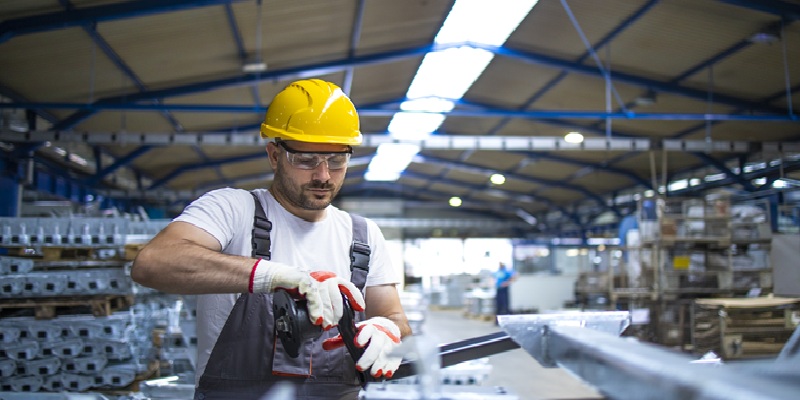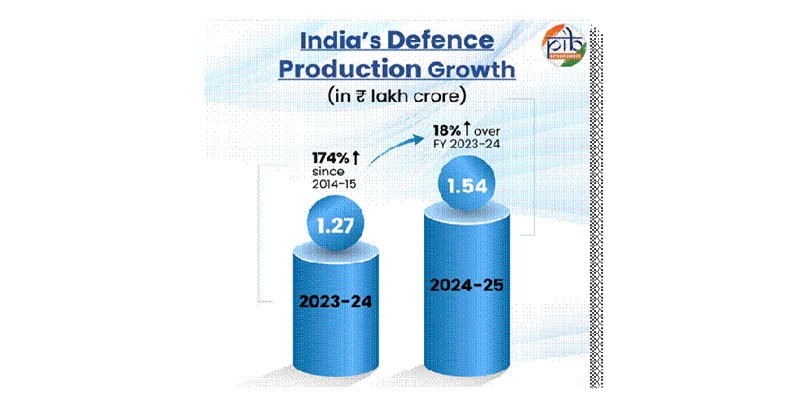Schedule a Call Back
Plastic & Rubber: Opportunities & Challenges
 Technical Articles
Technical Articles- Nov 03,11
While the use of plastic and rubber for various products, especially in the automobile sector, has escalated rapidly, both these industries face various hurdles, reports Huned Contractor
Plastic Industry
 Whenever it's anything to do with plastics, what makes it to the news is the ban imposed on plastic bags by the various state governments in India. The latest in this salvo is that the Delhi government has decided to place a blanket ban on the usage and also the production of plastic bags in the upcoming two months. The ban will be imposed under the Environment Protection Act, 1986. According to the notification, "No person shall be allowed to manufacture, store, import, sell or transport any kind of plastic carry bags (including that of polypropylene, non-woven fabric type carry bags) in the whole of the national capital territory of Delhi except for export purposes." Moreover, the use of plastic cover/pouch to pack magazines, invitation cards, and greeting cards will also be banned. The ban will not be applicable for containers, which are used for packing food material and milk.
Whenever it's anything to do with plastics, what makes it to the news is the ban imposed on plastic bags by the various state governments in India. The latest in this salvo is that the Delhi government has decided to place a blanket ban on the usage and also the production of plastic bags in the upcoming two months. The ban will be imposed under the Environment Protection Act, 1986. According to the notification, "No person shall be allowed to manufacture, store, import, sell or transport any kind of plastic carry bags (including that of polypropylene, non-woven fabric type carry bags) in the whole of the national capital territory of Delhi except for export purposes." Moreover, the use of plastic cover/pouch to pack magazines, invitation cards, and greeting cards will also be banned. The ban will not be applicable for containers, which are used for packing food material and milk.
 If the ban becomes effective, nearly 400 plastic bag manufacturing units in the city will have to shut down, their annual turnover being in the range of Rs 800 to Rs 1,000 crore. However, what does not usually hit the headlines is that India's plastic industry's turnover is expected to surge to Rs 1,000 billion during 2012 from the present Rs 85,000 crore, according to Plastindia Foundation, which is an apex forum of India's plastics industry. The projection is based on the expectation that the demand potential will surge from the present 9 million metric tonnes (MMT) to 12.5 MMT. The per capita consumption of plastic products in India is rising, as per Plastindia Foundation.
If the ban becomes effective, nearly 400 plastic bag manufacturing units in the city will have to shut down, their annual turnover being in the range of Rs 800 to Rs 1,000 crore. However, what does not usually hit the headlines is that India's plastic industry's turnover is expected to surge to Rs 1,000 billion during 2012 from the present Rs 85,000 crore, according to Plastindia Foundation, which is an apex forum of India's plastics industry. The projection is based on the expectation that the demand potential will surge from the present 9 million metric tonnes (MMT) to 12.5 MMT. The per capita consumption of plastic products in India is rising, as per Plastindia Foundation.
Moreover, the count of the processing units is likely to surge by 33 per cent to 40,000, which in turn will be helpful in raising the employment potential of the plastic sector. According to a statement from Plastindia, "Independent studies show that the industry that currently hires more than three million people, directly and indirectly, is expected to employ close to four million in 2012 and seven million by 2015." As per the report of international analytical firm Credit Rating and Information Services of India Ltd (CRISIL), the world trade in plastics is likely to touch 140 MMT in 2012, offering attractive opportunity to India. Presently, India enjoys 1.5 per cent share in the world export volumes.
 What is driving the Indian plastic industry ahead is a spate of innovations. One of recent such developments was announced by the Ahmedabad-based Plastic Fine Polymers that now provides plastic brightener/shiner/whitener for natural transparent colours and milky white end products. This is used for lending clarity and also a glossy finish to the natural transparent polymers. The brightener (or whitener) also successfully removes the yellowness and dullness. It is used in virgin, second, dull natural or milky white threads, ropes, twine, reprocess granules, HDPE-LDPE-PVC pipes and profiles, box strap, PET jars spoon container, carry bags, sheet, yarns and also other important end products.
What is driving the Indian plastic industry ahead is a spate of innovations. One of recent such developments was announced by the Ahmedabad-based Plastic Fine Polymers that now provides plastic brightener/shiner/whitener for natural transparent colours and milky white end products. This is used for lending clarity and also a glossy finish to the natural transparent polymers. The brightener (or whitener) also successfully removes the yellowness and dullness. It is used in virgin, second, dull natural or milky white threads, ropes, twine, reprocess granules, HDPE-LDPE-PVC pipes and profiles, box strap, PET jars spoon container, carry bags, sheet, yarns and also other important end products.
In yet another development, major distributors of alocmalts, beer and fine wines have started using plastic packaging for the first time ever to supply wines. The IL Pet barrier bottle has been delivered by Amcor Rigid Plastics. The polyethylene terephthalate (PET) stock containers weigh just 54 gm compared to the glass predecessor that weighs 430 gm. The bottle is made with KHS Plasmax's special barrier coating technology. This increasing use of plastics can also be seen in the automobile sector. Maruti Suzuki, for example, has installed a plastic fuel tank in its newly unveiled Swift. Says Mr I V Rao, Managing Executive Officer - Engineering, Maruti Suzuki: "The local automakers are now working with the aim to bring improvement in the fuel efficiency of the cars by using plastics components. We have been using plastic components in our models earlier as well, but the upgraded Swift would be the first passenger car model in our line-up to use the plastic fuel tank."
 For the Indian plastic industry, one of the biggest boosters in recent times has been the upcoming plastic park in Dahej in Gujarat that is slated to bag Rs 600 crore investment from plastic manufacturers. Nearly 30 plastic manufacturers from in and around Mumbai, the financial capital of India, will be investing in the plastic park to save capital and operations costs. According to Mr Yogesh Shah, President, All Indian Plastic Manufacturers Association (AIPMA), "The capital expenditure is low since the land has been bought by the state government and since the Dahej port is under development, the price of land is likely to surge ten times in just a few years." It has been said further that the industries have saturated in and around Mumbai. A location in South Gujarat will be best suited for the firms that are planning expansion.
For the Indian plastic industry, one of the biggest boosters in recent times has been the upcoming plastic park in Dahej in Gujarat that is slated to bag Rs 600 crore investment from plastic manufacturers. Nearly 30 plastic manufacturers from in and around Mumbai, the financial capital of India, will be investing in the plastic park to save capital and operations costs. According to Mr Yogesh Shah, President, All Indian Plastic Manufacturers Association (AIPMA), "The capital expenditure is low since the land has been bought by the state government and since the Dahej port is under development, the price of land is likely to surge ten times in just a few years." It has been said further that the industries have saturated in and around Mumbai. A location in South Gujarat will be best suited for the firms that are planning expansion.
Meanwhile, since plastics also suffers from the reputation of being harmful for the environment, various campaigns have been launched in recent times to correct several misconceptions as also devise solutions to make the production of plastic an environment-friendly process.
One such campaign was undertaken by Hindustan Unilever Limited in collaboration with Bharti Retail to strengthen plastic recycling among consumers in the national capital region (NCR). Called 'Go Recycle', this was a first-of-its kind initiative in the country to help bring down the packaging waste and also inform and educate the consumers to practice responsible consumption.
Also, since plastics is a major component in the making of toys, The Toy Association of India recently launched a new campaign named as 'We Care' to spread awareness among small toy manufacturers within the industry and to encourage them to initiate recycling process and the use of non-toxic raw materials. Says Mr Raj Kumar, president of the Toy Association of India: "The Department of Industrial Policy and Promotion (DIPP) is ready to come up with guidelines for the industry in a month or two. We are trying to create awareness among small manufacturers of this unorganised sector now. We have already urged all our 600 odd members to adopt non-toxic materials only and if possible, to recycle toys too."
That said, the industry also has some other challenges that it needs to resolve. "The AIPMA has drafted an elaborate presentation on the 12th Five Year Plan, where among various other issues, stress has been laid on the major threat of acute scarcity of skilled and unskilled workers in the plastic processing sector. The formulation and implementation of several strategic plans is a priority to be able to achieve the projected growth of plastics by the year 2025. A training and testing centre proposed jointly by AIPMA and CIPET (Central Institute of Plastic Engineering and Technology) at Daman will certainly fill the gap. There is also an urgent need to look into the national level of VAT/GST on primary inputs and products with a common policy on inputs tax credit. The government must also provide incentives for sustainable development," says Shah of AIPMA.
Such domestic issues apart, one of the biggest threats to the Indian plastic industry is China. Taking note of this looming crisis, the Ministry of Finance has now placed a definitive anti-dumping duty on PVC flex films imported from China. According to reports, this levy will have validity for a time period of five years from the imposition date of provisional duty, which is July 30, 2010. Commercially, PVC flex films are known as PVC flex banners and PVC flex sheets. They are widely used in advertising signage, billboards, PVC films and tarpaulins, and PVC flex sheets in rolls. Under the levy, PVC rigid film, cotton/canvas tarpaulins, PVC film, self-adhesive vinyl, one-way vision film, coloured vinyl and mesh banner/fabric are not covered.
Rubber Industry
While the plastic industry has been witnessing smooth sailing over the years, India's rubber industry has been facing several crises. Last month, for example, the Indian rubber industry drafted a representation to demand for initiating urgent initiative for securing the future availability of rubber, expressing fears that the surging shortage of natural rubber may affect the growth of the industry. While speaking at the annual general meeting of the All India Rubber Industries Association (AIRIA) attended by Rubber Board Chairperson Ms Sheela Thomas, the representatives of the rubber industry, growers fraternity, rubber dealers and government officials, Mr Vinod Simon, President, AIRIA, said that the availability of natural rubber has been the main concern that the industry needs to encounter within the next decade.
"In India, the production and consumption of rubber have been matched but starting from 2010-11, the consumption of rubber has exceeded the production of rubber, while this year the gap is further widening. Moreover, the production has slipped behind consumption by over 85,000 tonnes during 2010-11 and in the present financial year, the gap between production and consumption of natural rubber is expected to vary in the range of 1,00,000 tonnes. It is expected that the deficit will rise further in the upcoming years as the consumption of rubber by the industry will cross the production by the rubber plantation sector," he added.
As per the Rubber Board data for 2010-11, the production of natural rubber was at 8,61,950 tonnes and the consumption was at 9,47,715 tonnes, a deficit of over 85,000 tonnes. In the first five months of the current financial year, the manufacturing has stood at 3,11,200 tonnes and the consumption has reached 4,00,995 tonnes. Yet another problem has been that the margins of the tyre and rubber industry have taken a hit after the imposition of steep safeguard duties on a key chemical used in processing despite protests from the European Union and the US. The safeguard duty on the chemical (PX-13) is aimed at protecting the domestic industry against a surge in imports causing losses. It is levied at 30 per cent of the imported value in the first year and 25 per cent in the second year, as per a notification. India is the largest producer of the chemical.
"The decision to impose safeguard duty was taken as there has been a significant increase in imports despite imposition of anti-dumping duties," a government official says. The landed price of imports is lower than the cost of production and the selling price of the domestic industry, thus resulting in price suppression. The user industry, which includes tyre manufacturers like JK Industries, CEAT, Apollo Tyres, Birla Tyre, MRF and Metro Tyres now have to pay a higher import duty on the chemical.
The Automotive Tyre Manu- facturer's Association is apprehensive that the duty may affect input prices in the future. "Once the domestic industry builds the additional capacity, the user industry will entirely be at the mercy of domestic producers which will make the Indian tyre industry uncompetitive," the association said in a statement.
To gain a holistic view of the rubber industry in India, it is important to note what Dr A K Krishnakumar, former rubber production commissioner, has had to say in his technical report. "Rubber development in India has been a success story as evidenced by the overall development registered in terms of expansion of area, production and productivity. While the area has increased by 7.5 times, production has gone up by 40 times and productivity by 5.5 times during the last 52 years. The crop was brought under an organised and well structured development and extension programme during 1950s immediately after the formation of the Rubber Board in its present form. A proper blend of research, development and extension under the aegis of the Rubber Board has contributed significantly to achieving the overall development."
The sector has undergone significant structural changes during the last five decades. From the status of a crop in the estate sector it has transformed itself to a small grower's crop. But, as Krishna-kumar has pointed out, the primary processing component of the production chain will need to be given extra thrust. Considering the fact that the plantation sector is dominated by tiny small holdings (88 per cent of production is from small holdings with an average size of 0.5 hectares) infrastructure development and skill development have to be given due importance which requires institutional development.
India is the third-largest producer, fourth-largest consumer of natural rubber and the fifth-largest consumer of natural rubber and synthetic rubber together in the world. Besides, India is the world's largest manufacturer of reclaim rubber. The growth prospect is further enlarged by a boom in the vehicle industry, improved living standards of the masses and rapid overall industriali-sation. The wide range of rubber products manufactured by the Indian rubber industry include auto tyres, auto tubes, automobile parts, footwear, belting, hoses, cycle tyres and tubes, cables and wires, battery boxes, latex products, pharmaceutical goods, etc.
Commenting on the role of the Indian rubber industry in the global context, an industry observer points out that with saturation in rubber consumption in Western countries and the shift in consumption of rubber to the Asia Pacific region the focal point of development for this decade will be India. The industry is expected to grow at over 8 per cent per annum in the coming decade. There exists tremendous scope for expansion and development in the near future provided basic raw materials, particularly natural and synthetic rubber, are made available in adequate quantity and at reasonable prices.
Rubber Industry Facts
- Among all the rubber forms, it is the ribbed smoked sheets (RSS) that accounts for 70 per cent of the total rubber production in India.
- In total rubber imported by India, the portion of RSS is 45 per cent.
- India has close to 6,000 rubber units including large, medium and small scale industries.
- From all these rubber units, 35,000 types of rubber products are manufactured, providing employment to 4,00,000 people.
- In India, the rubber of Kottayam, Kerala, is the most promising of all the rubber industries.
Related Products

Fanless Industrial Pc for Smart Manufacturing
CONTEC Launches BX-M4600 Series - Fanless Industrial PC for Smart Manufacturing.

Single Pole, Neutral Displacement Relay
JVS Electronics
Pvt Ltd offers a wide range of single pole, neutral displacement relay -
JRV 962.

Face Mill Arbors
Schunk Intec India Pvt Ltd offers a wide range of face
mill arbors.















